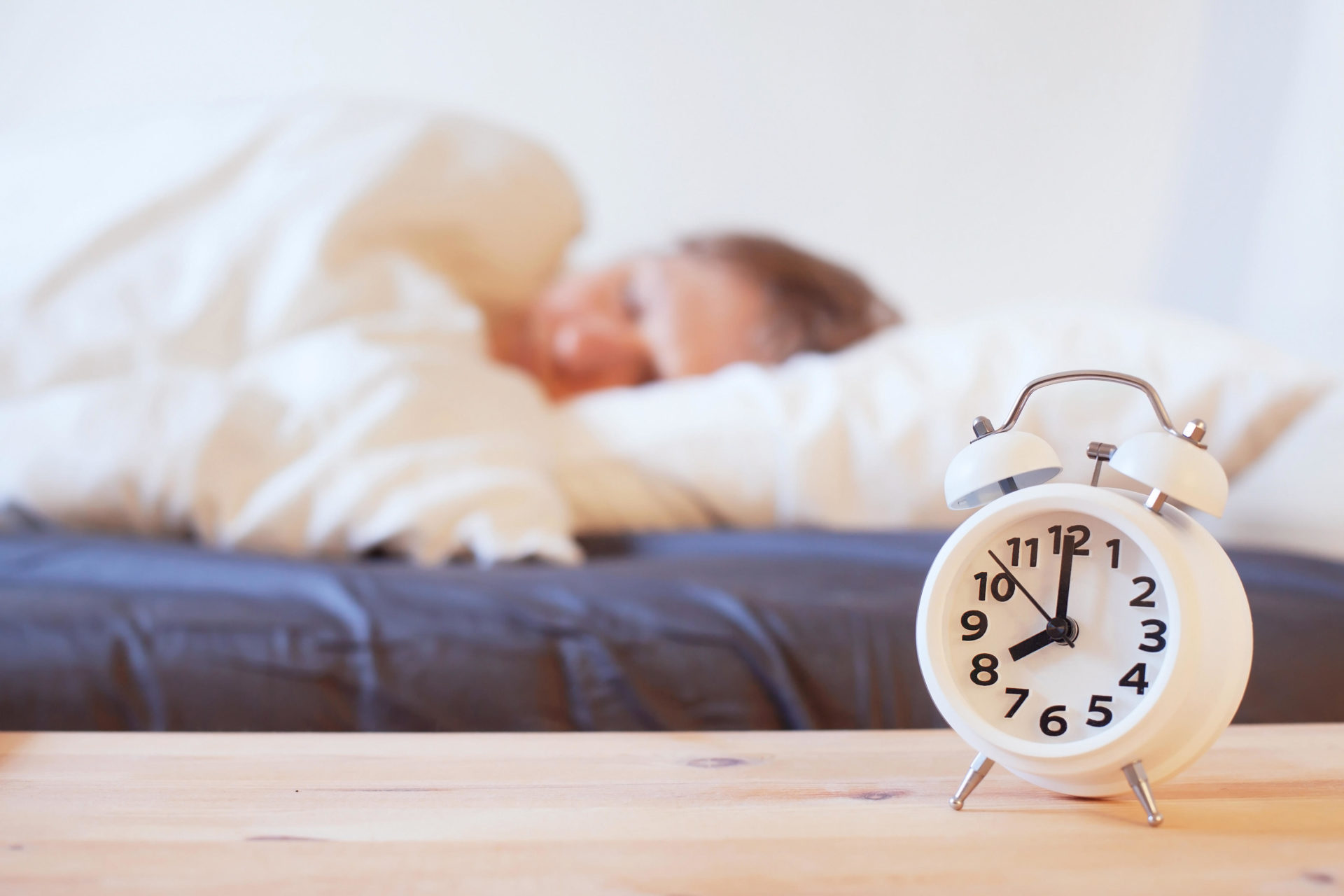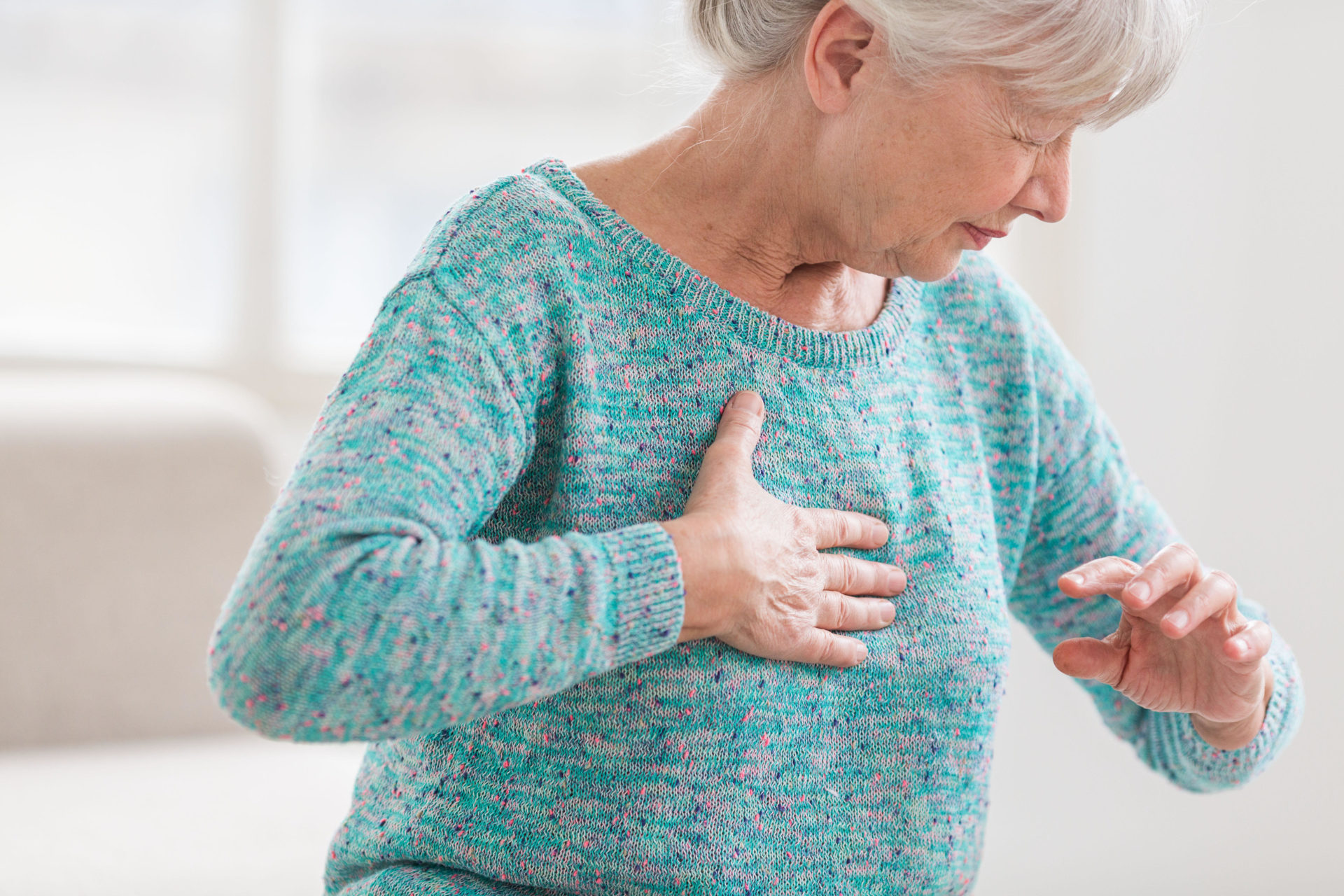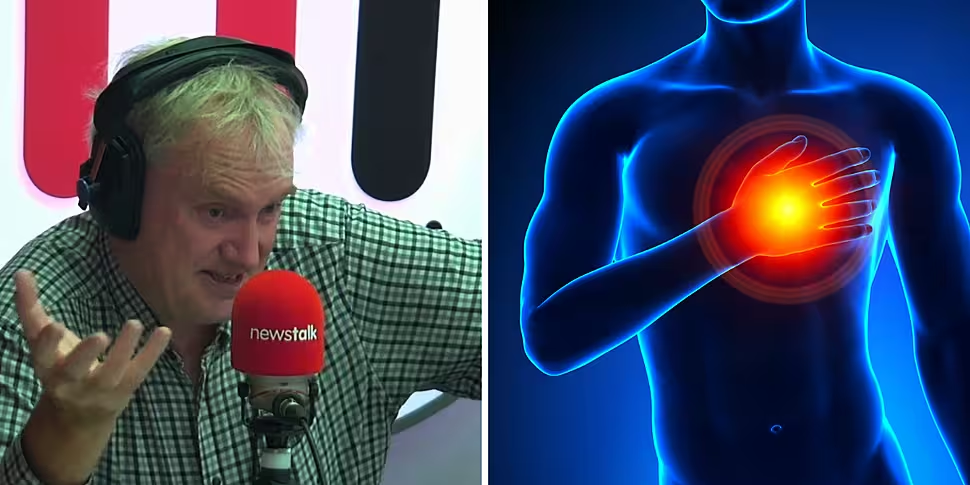Sleep can help to heal your heart post-heart attack, new research has found.
It has been anecdotally known for centuries that sleep or rest can heal ailments.
New research has factually identified, however, that good sleep can heal your heart.
According to Trinity Professor Luke O’Neill, the impaired sleep that heart attack sufferers get in the intensive care unit (ICU) during their treatment does their bodies more harm.
“This really systematic analysis has shown that what's happening is the heart, amazingly, sends a signal to the brain to say, fall asleep, and then you have a deeper sleep, and the brain sends a signal back to the heart to promote healing of the heart,” he told The Pat Kenny Show.
“So there's a kind of a loop going on between the heart and the brain, and it's fascinating that the heart would talk to the brain in this way and vice versa.
“A cell called a monocyte (an immune cell) goes from the damaged heart up to the brain and enters your thalamus – which controls sleep.
“The monocyte gets the thalamus to be triggered and that promotes restful sleep.
“So in other words, it's like an evolved mechanism to make sure that you're resting, to allow your heart to heal after, after it's been injured.”
 Person sleeping in bed next to an alarm clock. Image: Anna Berkut / Alamy
Person sleeping in bed next to an alarm clock. Image: Anna Berkut / AlamyProfessor O’Neill said that something happens in the brain in response to a heart attack that “summons” the monocyte.
“The monocyte goes all the way up to your brain and it releases a thing called TNF - this TNF substance then triggers the thalamus to allow you to go into sleep,” he said.
“It's called slow wave sleep, a deep type of sleep, gets triggered, and then that turns out to be very restorative.
“As it's happening, this thing goes back into the heart again and promotes the monocyte to heal the heart.
“It's a very interesting interconnectedness.”
The differences between people who had good sleep versus those who didn’t was notable, Professor O’Neill said.
“[For] those people the heart took a lot longer to heal,” he said.
“They followed them for two years… double the risk of another heart attack if you didn't have a good period of four to five weeks, basically, of sleep after the heart attack.”
'Give rise to a change'
Professor O’Neill said keeping surroundings “quiet and calm” after a heart attack has been suggested for a while.
“Any ICU is a chaotic place, and things like sepsis, for instance, people often end up in the ICU with septic shock, and again, it's been linked to good sleep might help that situation,” he said.
“So there's always been these guidelines to get it a bit calmer in the ICU, and it's very hard, because the ICU is a very busy place.
“But the real bottom line from this is instructing hospitals to be wary of lack of sleep post coronary and this may well give rise to a change.
“In other words, you won't go into the ICU - you might go into a special room where it's a bit darker and calmer, and then your sleep will be encouraged.”
 Woman suffering from a mild heart attack. Image: Alamy
Woman suffering from a mild heart attack. Image: AlamyProfessor O’Neill said we’ve known for “centuries” that a good night’s sleep is “restorative”, adding that recently it has been show that a “bad night’s sleep” will “increase your blood pressure”.
“That was a 12,000 person study,” he said. “And they monitored sleep in people, and it was the ones with disrupted sleep had higher blood pressure.”
Professor O’Neill said the commentary on this study has said that stimulating the thalamus could be a way to crack insomnia.
“Now that we know this part of the thalamus, if you flip it, you go into slow wave sleep - why wouldn't all of us have a chance to do that?” he said.
This study has given way to “all kinds of consequences”, Professor O’Neill said.
Listen back here:
Split image: L, Luke O'Neill, R, Man suffering heart attack.









